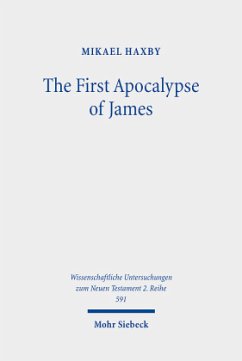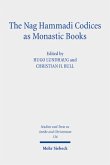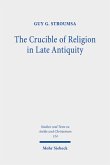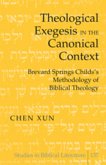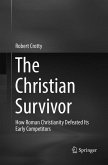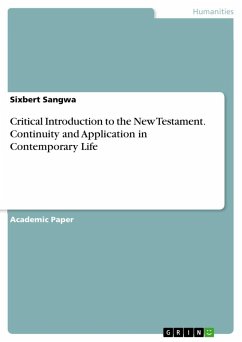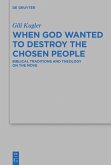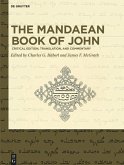In this study, Mikael Haxbyoffers a comprehensive reading of a little-studied ancient Christian text, making use of recently discovered manuscript evidence. This text was originally found in the Nag Hammadi Codices and has historically been classified as Gnostic or heretical. Using new manuscript evidence, the author shows that the First Apocalypse of James intervenes in ancient Christian debates about martyrdom, ritual practice, scriptural interpretation, and questions of gender in both theology and social order. By bringing the First Apocalypse of James back into dialogue with other Christian texts, whether later classified as heretical or not, this study offers new insights into how Christians responded to the threat of political violence, engaged with holy texts, and produced new social formations in which women might hold authoritative positions.
Bitte wählen Sie Ihr Anliegen aus.
Rechnungen
Retourenschein anfordern
Bestellstatus
Storno

